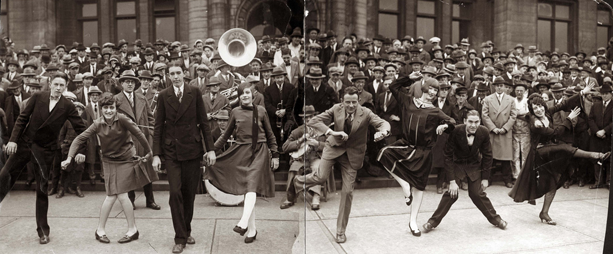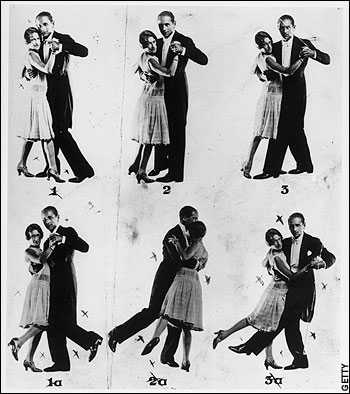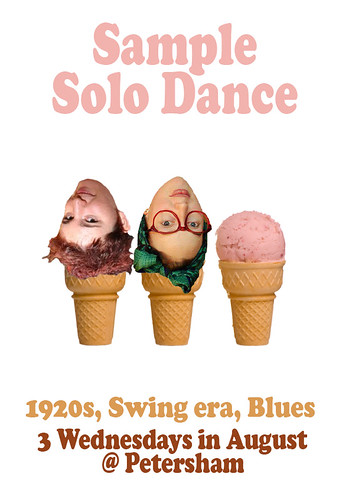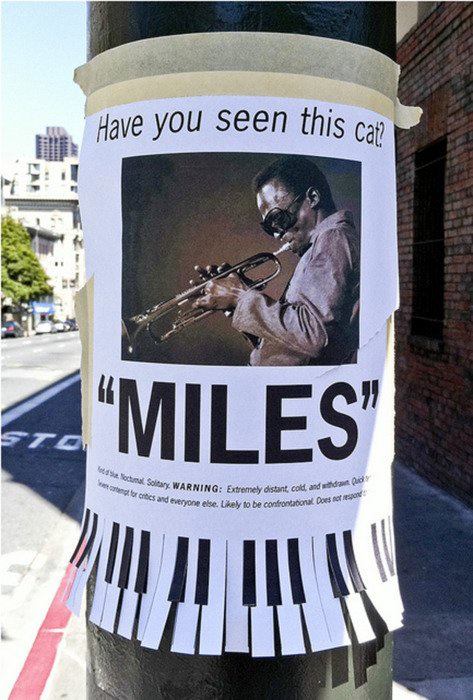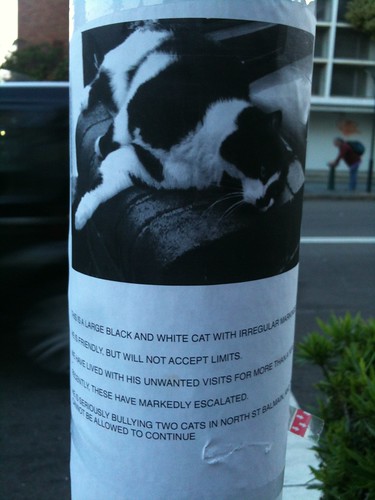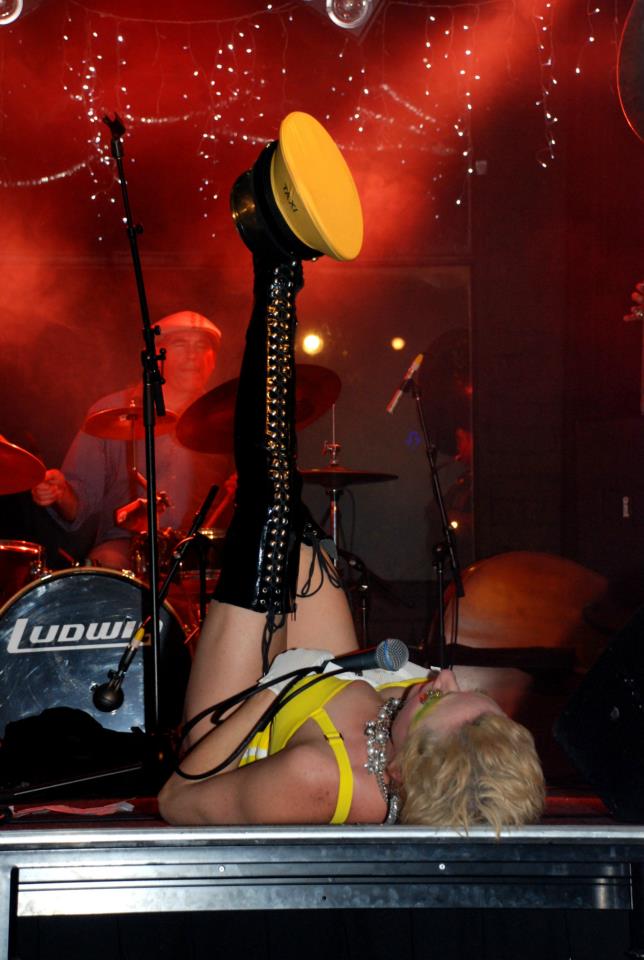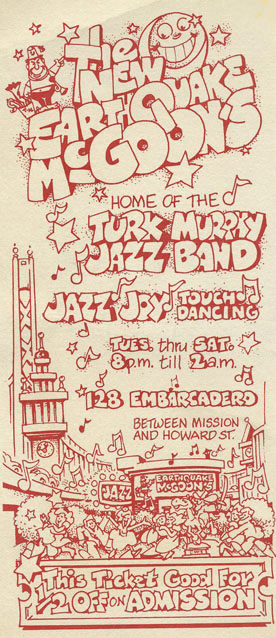
Remember that A snot-addled, animated wander through San Francisco I wrote a little while ago? Well the Riverwalk Jazz people read it and thought it was so great they did their own show on San Francisco jazz.
You know that’s a joke, right? Good, just checking.
Anyways, it’s an interesting episode, and the highlight is of course the live material by Jim Cullum’s band.
Above image is from the RWJ page linked above, and they credit it with “Handbill for Turk Murphy Band at Earthquake McGoon’s, San Francisco. Image courtesy oldhandbills.com”. Here’s the direct link they forgot to add. I think this handbill is actually the most interesting part of this story, mostly because I’m a nut for promotional ephemera, particularly the sort that involves some sort of creative work. I’m very interested in Redback Graphix, an Australian printing cooperative business with radical political roots that I remember from the 80s in Queensland, and I’m also a big fan of 1920s art prints as well. And then I do have a passion for 70s, 80s and 90s music PR posters and print making. Here is where I’m tempted to insert a sad little whinge about digital media sucking the life out of print media and art, but that would be ridiculous, because digital media has brought me things like that Old Handbills website, digital archives of Australian prints, and of course lots of new ideas and information about printing.
NB While I’m crapping on about RWJ, I have to say, again, how very disappointed I was by their bullshit work on women in jazz history for Women’s History Month this year (and last year). Just one story, out of a month’s worth, on the topic, and the same boring old musicians. Even I managed more, and I’m hardly a jazz historian, and certainly don’t have their resources to draw on.

